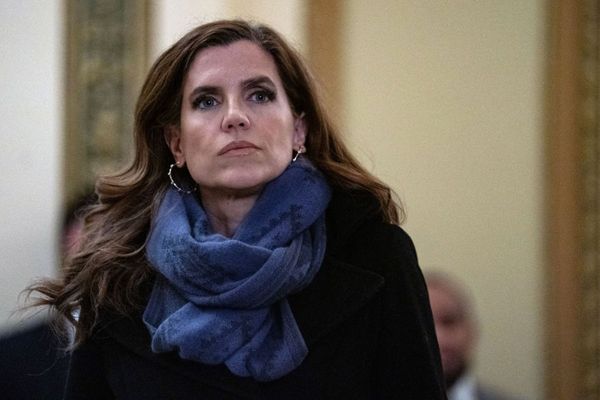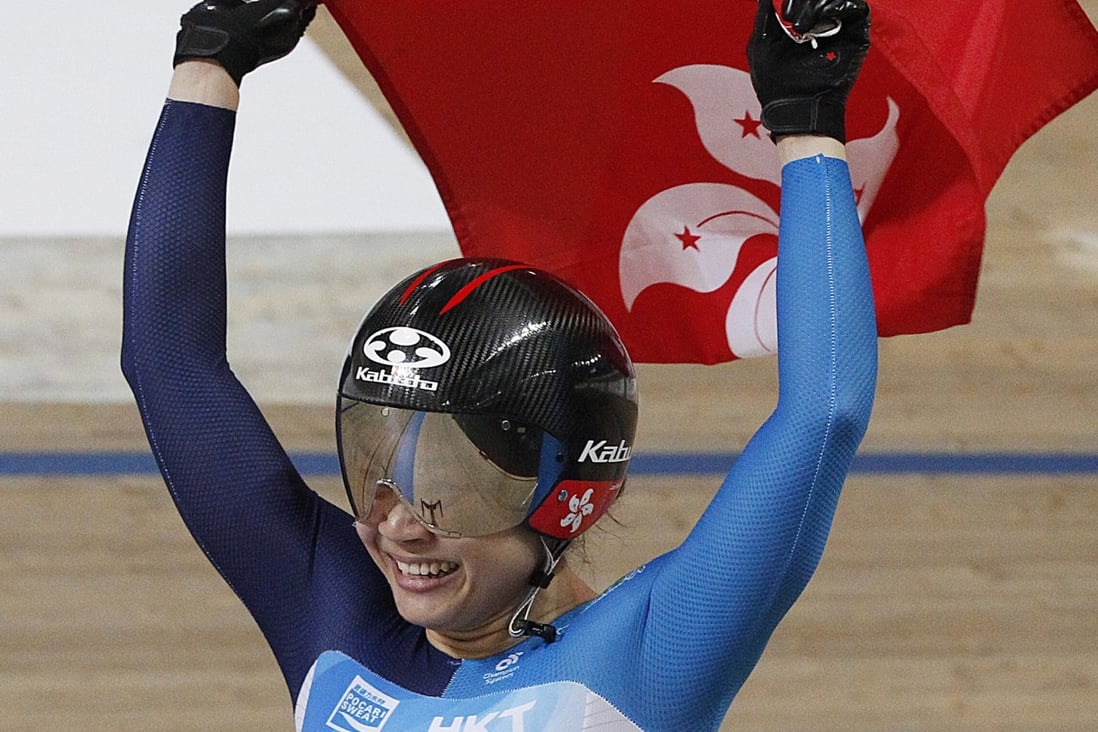
Sarah Lee Wai-sze’s remarkable rise to cycling’s elite tier goes beyond the awards and silverware. From struggling with anaemia as a child, to nearly giving up the sport after a nasty collision as a teen, to the sudden loss of her coach and personal starter, to learning her friend and rival was confined to a wheelchair after a training crash – Lee has been through it all, and would be the first to tell you she is still going.
The 34-year-old has repeatedly swatted aside talk of age leading up to Tokyo. Lee – a historic bronze medal winner at the 2012 London Games, Hong Kong’s third Olympic medal and first-ever in cycling – fell short in the women’s keirin on Thursday but is a medal favourite in the sprint on Sunday.
Fans have grown accustomed to seeing Lee atop the podium, what with her three UCI Track world championship crowns, five Asian Games gold medals and 19 Asian Championship titles. Her dominance reached a point where the Hong Kong team had to call up overseas male riders to keep up with her in training.
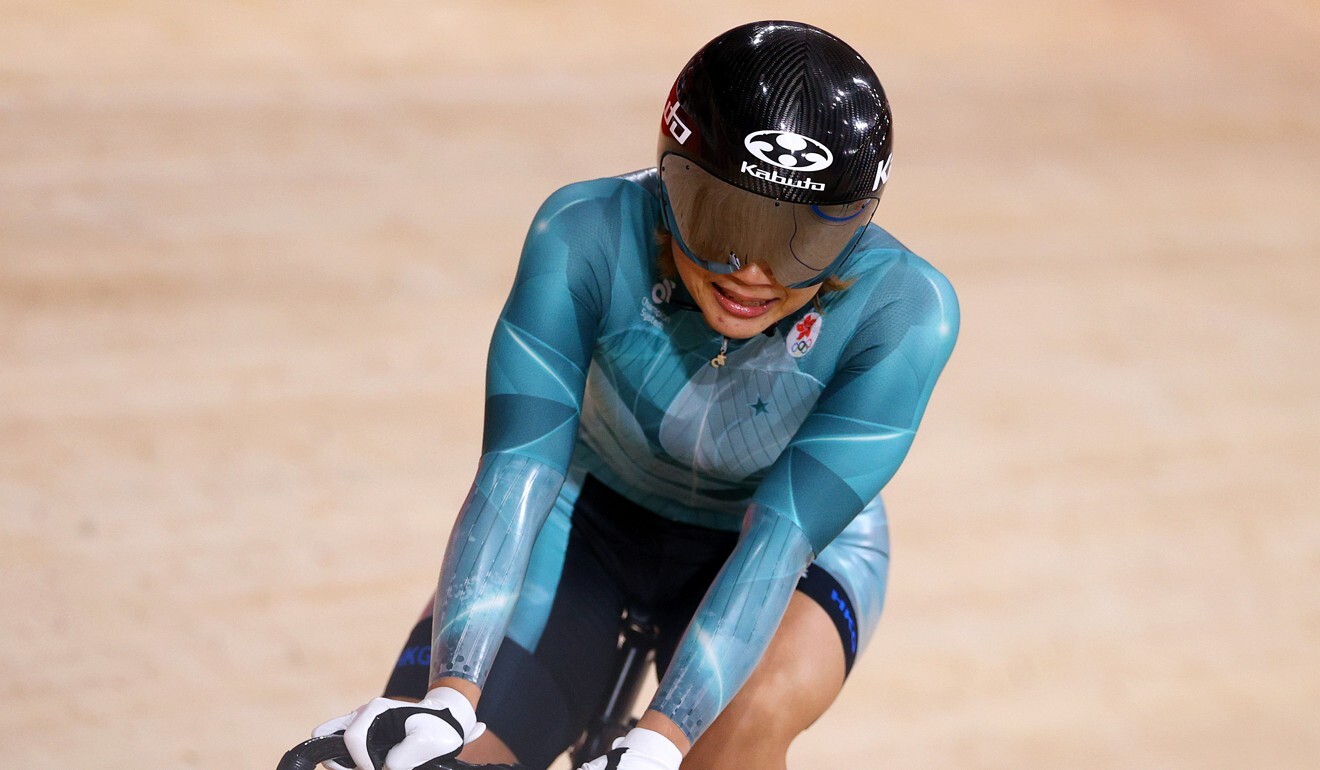
Biography
Sarah Lee Wai-sze was born on May 12, 1987 and came from humble beginnings. The devout Christian grew up in a public housing estate in Ngau Tau Kok in east Kowloon, the family reportedly sharing a 200 square foot flat.
Though showing a natural flair for athletics, the Bishop Paschang Catholic School and Leung Shek Chee College student was regularly weary, suffering from dizziness and fatigue having been born with anaemia (low red blood cell count). Lee previously recalled fainting across the finish line during one particularly arduous sports day at school.
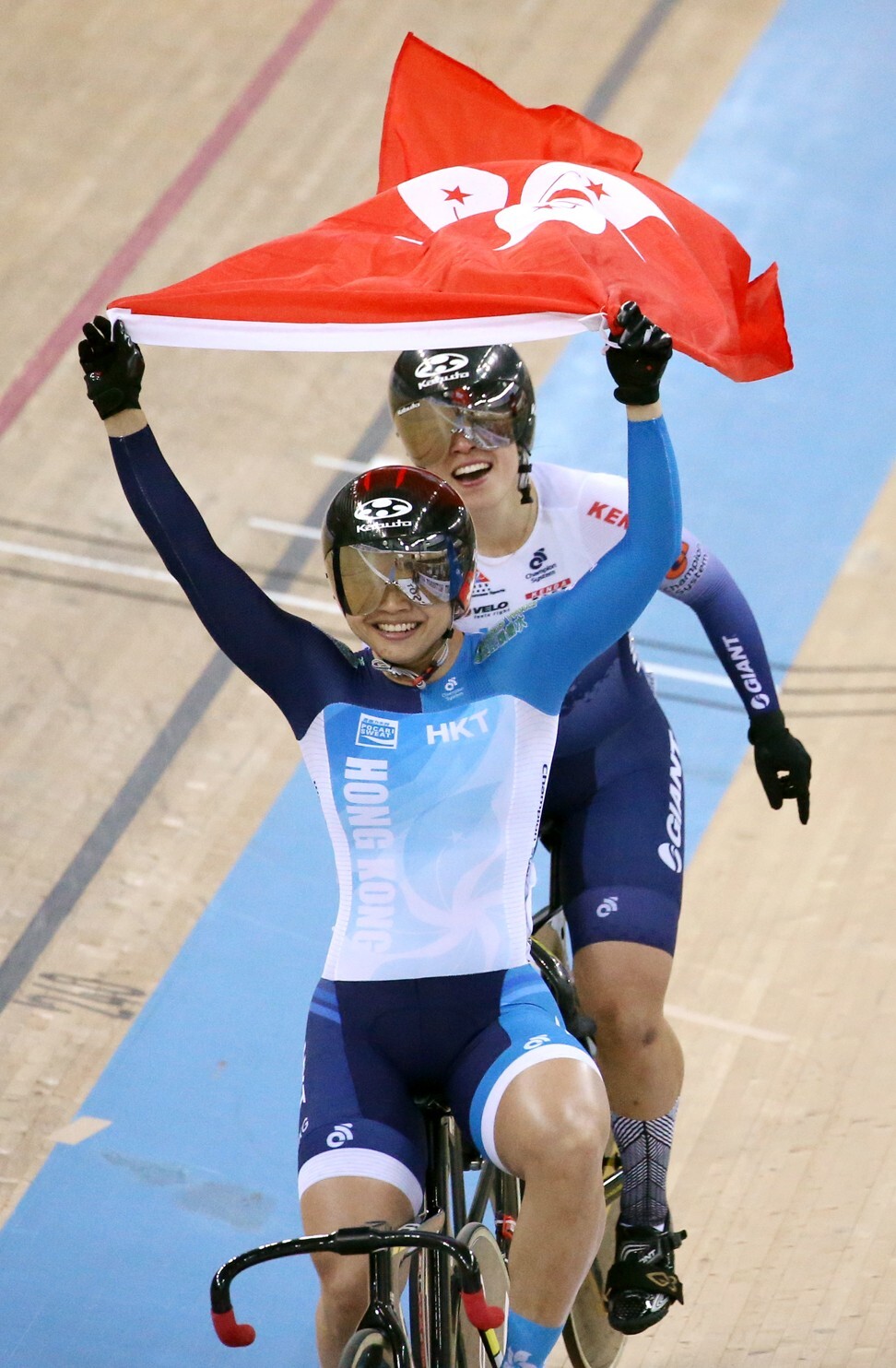
She discovered road cycling in 2003 and was quickly whisked into the Hong Kong Sports Institute having been identified as a women’s team prospect, going full-time the following year.
But it all came tumbling down in 2006 when the then 19-year-old veered awkwardly to avoid crashing into a dog during training, breaking several bones and requiring three operations. She was ruled out for the better part of a year, but despite being in bandages was invited by coach Shen Jinkang – who still coaches her to this day – to attend the 2008 Beijing Olympic Games to experience the feeling of an elite international event.
Back to full fitness, Lee came second at the 2009 Asian Championships and won four golds at the Track Asia Cup. By 2010, she won Asian Games gold – breaking the Asian 500m time trial record – and collected several local awards. She won her first Asian Championships gold a year later.
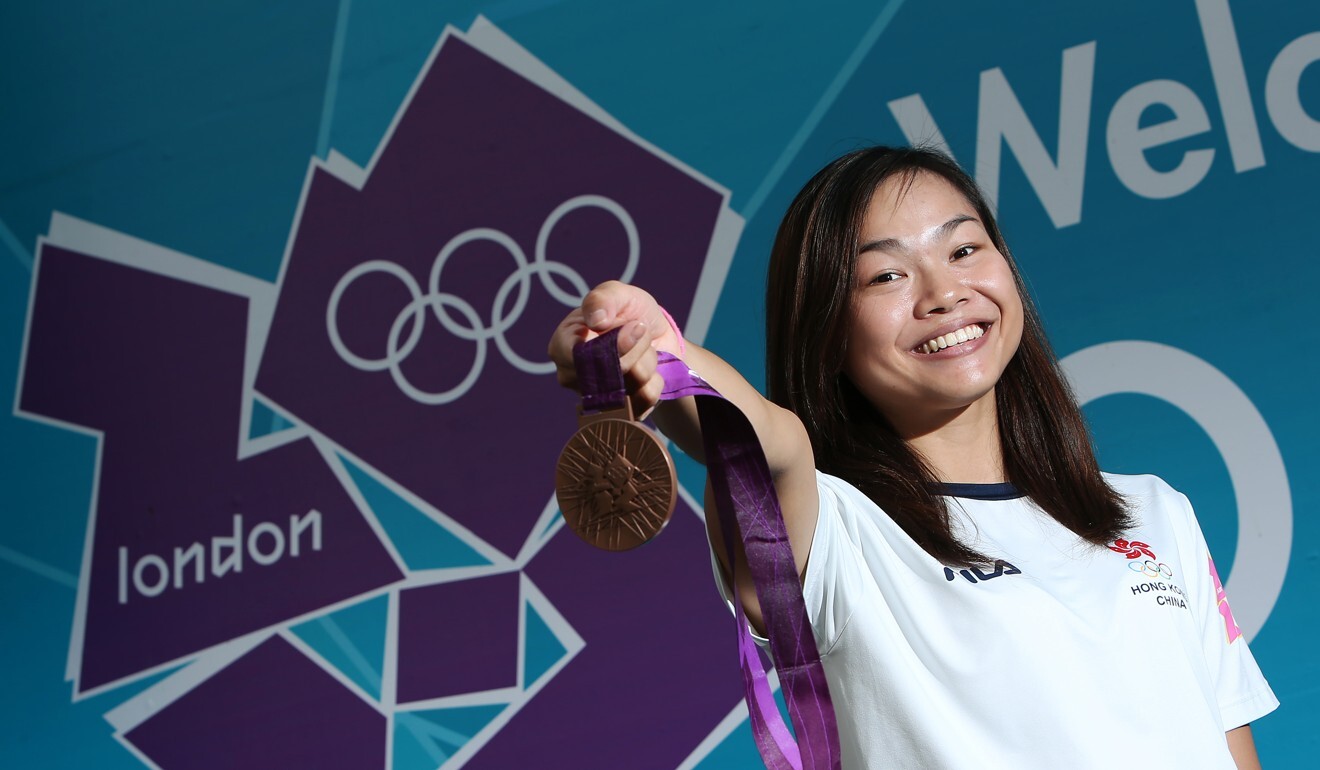
It set up the perfect trajectory for the 2012 London Games, where she was Hong Kong’s flag-bearer and made history with a bronze medal in the keirin. The city had finally found a worthy cycling star to take over from local legend Wong Kam-po.
Then began Lee’s era of dominance. She was crowned 2013 world champion in the 500m time trial to become the first Hong Kong woman to don the coveted rainbow jersey.
To say Lee’s form dipped at the 2016 Rio Games would be harsh given that she was still Asia’s best cyclist and a favourite for a podium place. However, the second-time flag-bearer finished seventh in the keirin after she was nudged by an Australian opponent in the semi-final, losing control and suffering a painful crash.
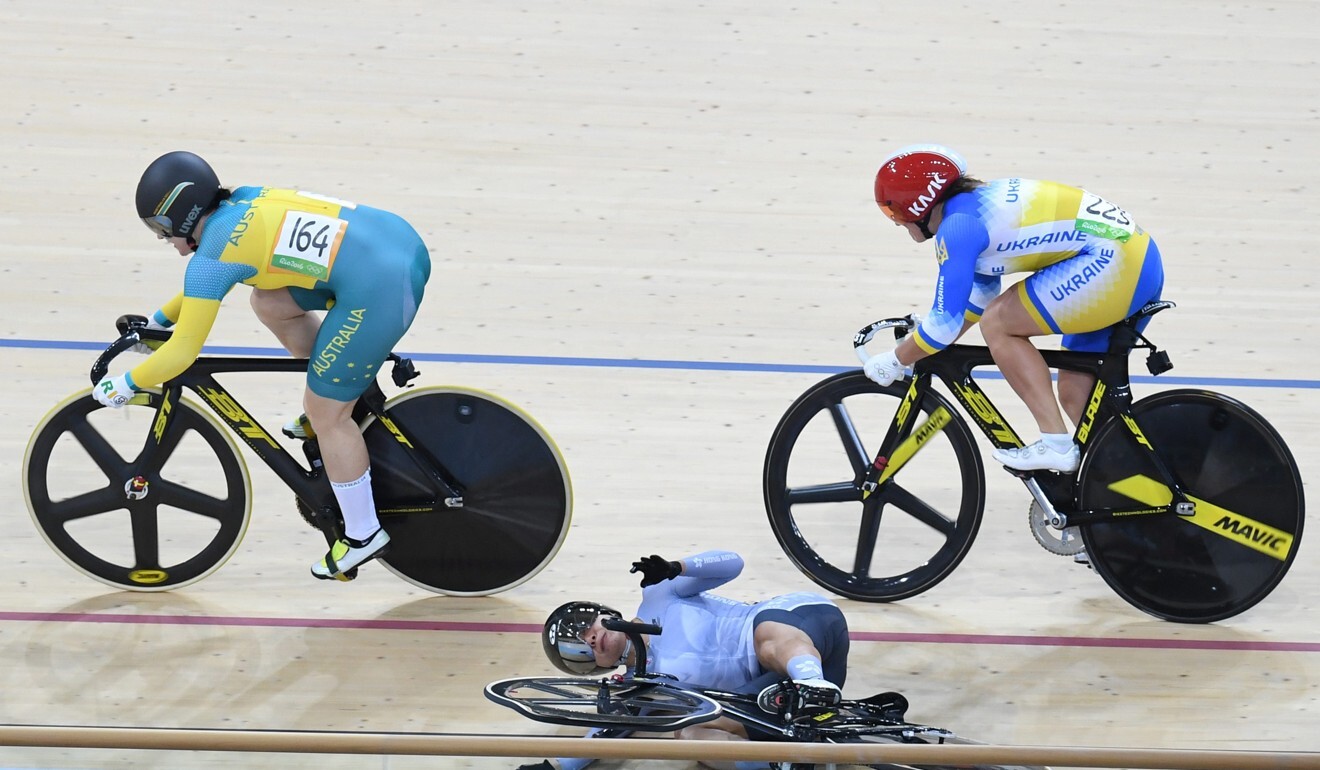
After saying she would spend three months away from the sport to consider her future, Lee would find out that her coach and personal starter, Pu Linjun, had died from a heart attack.
Collecting two more Asian Games and three Asian Championship golds by 2018, fans were convinced Lee was back to her best and ready to seek Olympic redemption.
Lee continued her scintillating form to win two world championships gold in Poland at the top of 2019. It was another emotionally draining event after she had learned that long-time rival, former Olympic champion and close friend Kristina Vogel, of Germany, had been involved in a horror crash in training that left her paralysed.
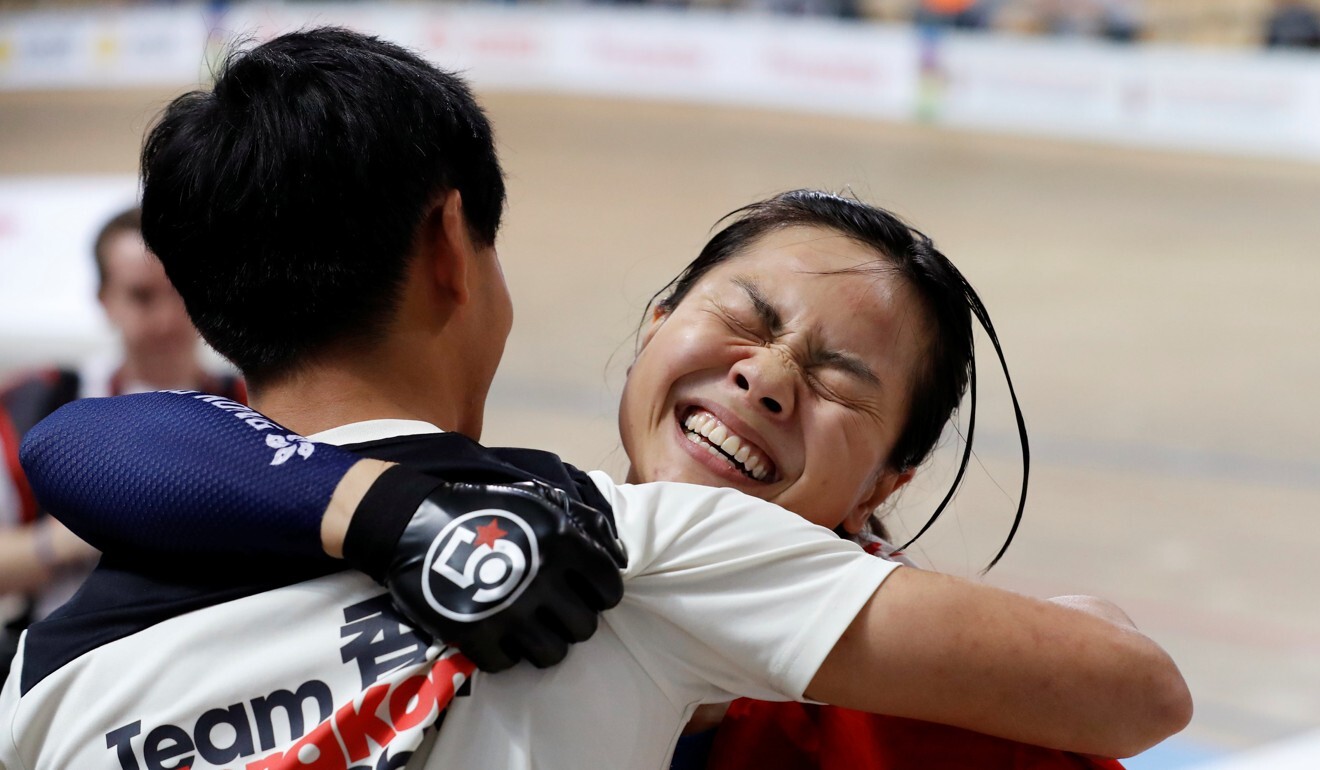
With the Tokyo Games being postponed, whispers ensued over whether Lee would extend her campaign or call it a day. But she had already doubled down, saying the Rio crash changed everything. “Now I will have to embrace my third Olympics in Tokyo. It’s not because of any resentment. I want to treasure the power given from above.”
After nearly 14 months without international competition, she raced in the inaugural UCI Track Cycling Nations Cup in a bubbled-up Hong Kong Velodrome, winning a gold and silver just three months out from Tokyo.
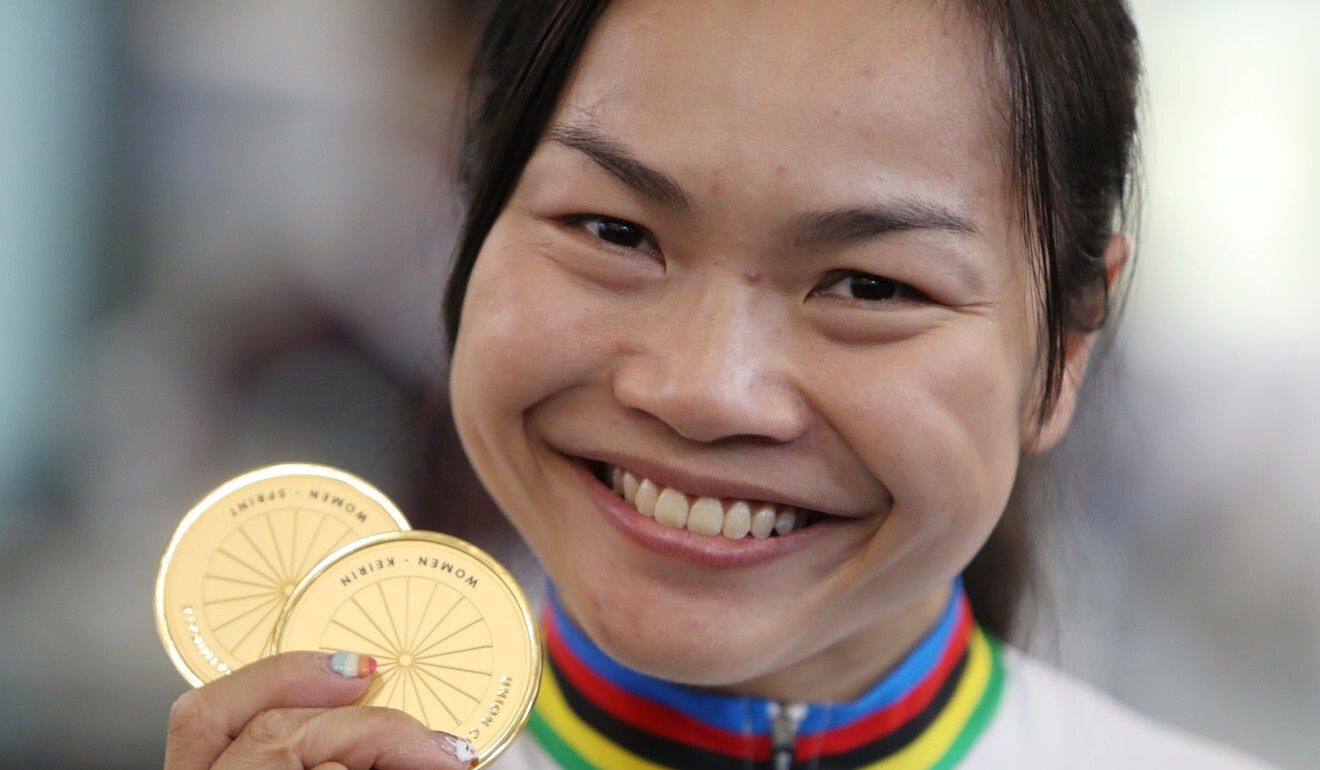
‘The older the ginger, the spicier it gets’
Despite her stellar resume, Lee has increasingly been counted out for her age. It is a simple mistake to make given she has been known as the “big sister” of the Hong Kong team for the better part of a decade, and often takes up coaching roles.
She had already addressed talk that she was “too old” to compete before the Games’ postponement. “Many people have asked this,” she said on social media. “They think my strength and fitness would not be as strong as the younger athletes. But, in fact, I am not the only one who will be a year older at the Olympics. We will all be a year older by then.
“There’s a misconception that athletes should retire once they reach 30. If you look at the riders from the West, many are older than me and some have even gone on to win Olympic gold medals.”
After receiving her record sixth Best of the Best award at the postponed Hong Kong Sports Stars Awards in April, an emotional Lee gave an insight into the sacrifices made to become an elite athlete. She had seen several high-profile cyclists and touted successors call it quits over the years.
“Every time I get to this point I start crying. Watching these hard-working athletes come and go, some telling me they don’t want to cycle any more after not showing improvements in two years. One said, ‘Sarah, I’m so tired. I don’t want to ride again’. Another said they couldn’t stand the pain in their hips any more. I always say, ‘it’s no problem, you will be fine’, but I actually understand it clearly in my heart. I have also felt like that during these 17 years of competing,” she said.
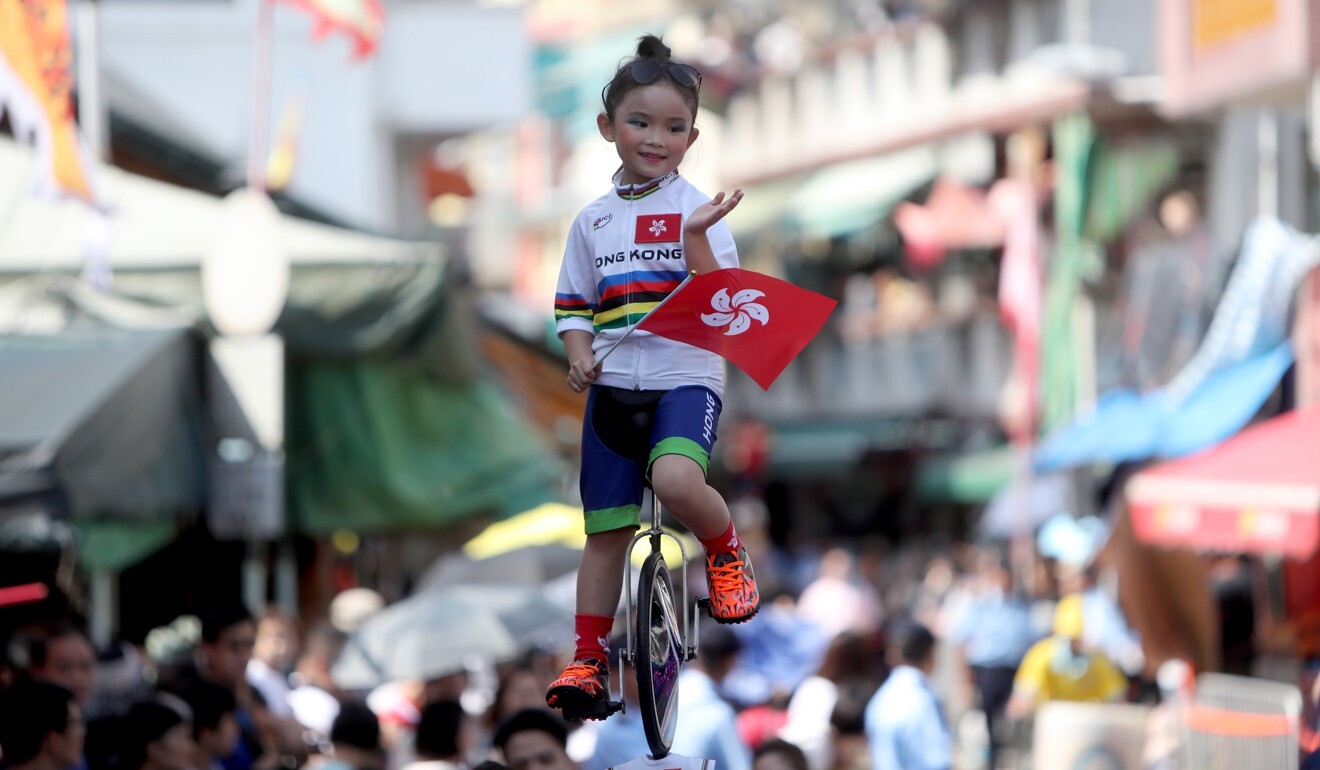
Lee got back to her usual self to address questions of age: “Though we older athletes might not have as much time and potential as the younger ones, we make up for it in experience. We might have a few more wrinkles on our foreheads, but each wrinkle is a year the wiser.”
She used the Cantonese phrase “the older the ginger, the spicier it gets” and reiterated that Tokyo “will not be my last tournament” despite conceding that she was in the twilight of her career.
Coach Shen likewise shared enthusiasm for the athlete he has worked with from day one: “Sprinters at the Olympic level have got all the required explosive power, but Lee is world-class also because of her tactics and strategies. She is one year older than she thought she would be because the Games were delayed, but she has also grown in her tactical knowledge and mental state, which really helps.”
Friendship over everything
Lee openly stated that her 2019 world championships success was in part because of the absence of arch-rival Vogel, who went from competitor to commentator after her horrible career-ending crash. The two-time Olympic champion showed she was a lifelong winner off the track, as Lee explained.
“She came down to talk to me at the end of the competition. We chatted for a while and she said she was doing OK. It’s difficult to express in words the moment we had together. I don’t think it’s easy for her to overcome the incident and all the [competition] riders wanted to give her some positive energy,” she said in a Facebook post.
“I always considered Vogel my strongest rival. I feel really sorry that I will never compete against her again. I can’t believe this has happened. We may be rivals on the track but off it, we are good friends.”





